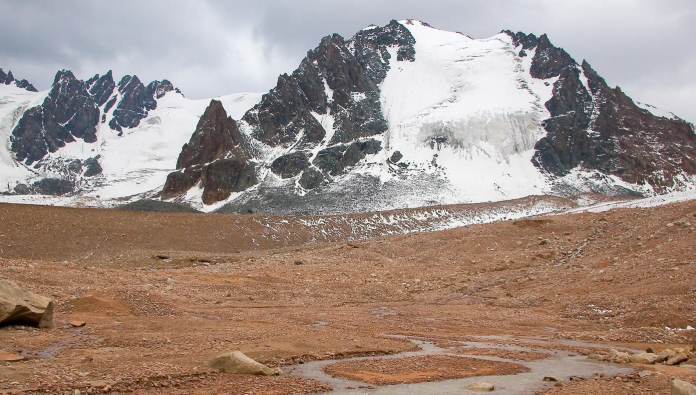Facing accelerated glacial melt in the Tian Shan and Altai ranges, Kazakhstan is spearheading regional efforts to address Central Asia’s escalating water crisis, according to Euractiv.
With over 44% of its river water originating beyond its borders and agriculture consuming 72% of supplies, the nation is investing heavily in infrastructure and policy reforms. Deputy Prime Minister Kanat Bozumbayev announced plans for 42 new reservoirs, 30 reconstructions, and the overhaul of more than 14,000 kilometres of irrigation canals at the Astana International Forum in May.
The UN World Water Development Report 2025 underscores the existential stakes. UNESCO’s Bhanu Neupane warned:
The fate of mountains and glaciers is somehow intertwined with the fate of humanity. These are not distant environmental concerns, but existential issues.
Southern Kazakhstan, where glacial melt provides up to 90% of river flow, faces acute vulnerability. The Syrdarya and Illi rivers, critical for irrigation and drinking water, are under mounting strain A landmark Water Code adopted in June introduces “water security” and “ecological flow” as legal concepts, mandates basin-level planning, and strengthens protections for glaciers and wetlands.
“These are the recognition of water as an integral part of the environment, the basis of citizens’ life and economic development,” explained Water Resources Minister Nurzhan Nurzhigitov. Complementing this, the hydro.gov.kz digital platform centralises real-time data, while 80% subsidies drive adoption of drip irrigation systems.
The five Central Asian states recently agreed on water-sharing for the Syr Darya and Amu Darya rivers. Tajikistan, home to over half the region’s glaciers, is implementing glacial lake monitoring and solar-powered irrigation. River basin forecasting platforms now integrate climate and hydrological data across Kazakhstan and Uzbekistan, though experts note gaps persist.
International support amplifies these efforts. The EU-Kazakhstan Dialogue Platform reaffirmed sustainable water commitments in June, with Germany backing the Green Central Asia initiative.
Meanwhile, the United Nations Development Programme (UNDP) deployed flood early-warning systems after 2024’s disasters and secured a $2 million Japanese grant for dam safety.
The Asian Development Bank’s Glaciers to Farms programme aims to mobilise $3.5 billion, with Director Yasmin Siddiqi urging “smarter water infrastructure” that reduces overall usage.
